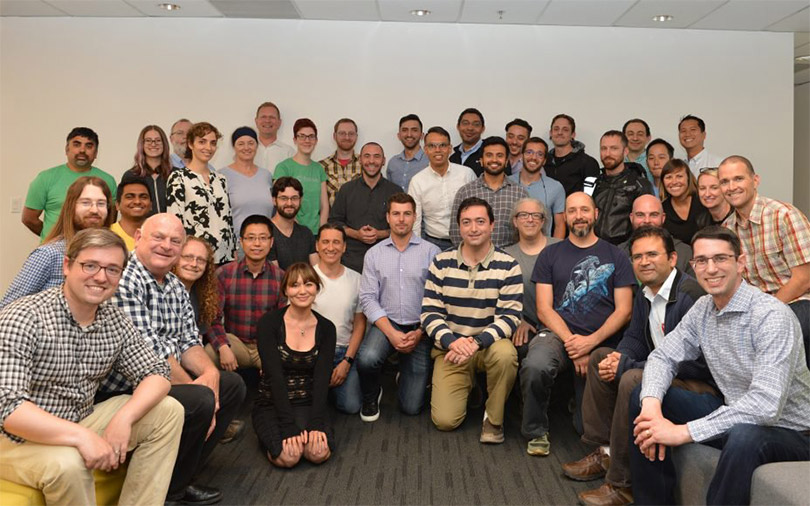
Microsoft acquires AI startup Bonsai to boost deep reinforcement learning capabilities


Microsoft has acquired artificial intelligence startup Bonsai to beef up its deep reinforcement learning capabilities, the company said in a statement.
The terms of the deal were not disclosed by the companies.
Early last year, Microsoft had acquired another deep learning startup Maluuba for better speech and image recognition tools.

Based in Berkeley, California, Bonsai was founded in 2014 by Mark Hammond, who had previously worked at Microsoft. Bonsai's software uses a reinforcement learning approach, which helps systems to learn through trial and error. The software will be deployed on top of Microsoft's cloud platform Azure.
"Bonsai’s platform combined with rich simulation tools and reinforcement learning work in Microsoft Research becomes the simplest and richest AI toolchain for building any kind of autonomous system for control and calibration tasks," said Gurdeep Pall, corporate vice president of business AI at Microsoft.
Bonsai has developed a novel approach using machine teaching that abstracts the low-level mechanics of machine learning, so that subject matter experts, regardless of AI aptitude, can specify and train autonomous systems to accomplish tasks, Microsoft said.

Autonomous systems are projected to grow to more than 800 million in operation by 2025. "Today, the training of autonomous systems that function amidst the many unforeseen situations in the real world is hard and requires deep expertise in AI, essentially making it unscalable," Pall said.
Through this acquisition, Microsoft is expecting many more developers using AI tools to use or migrate to its Azure cloud platform, where Bonsai can be deployed.
This is not the first conversational AI startup that Microsoft has bought in recent months. In May, it acquired Semantic Machines Inc., a Berkeley, California-based company that uses machine learning to enable users to discover, access and interact with information and services. With Semantic on board, Cortana could get better at asking and answering questions, upgrade its skills and adopt a more human tone.

Increasingly, developers are playing a key role in cloud adoption at large enterprises. This is one of the reasons why Microsoft decided to acquire GitHub, the world's largest community of developers, for $7.5 billion.
With the acquisition, the Redmond-headquartered company hopes to be seen more favourably by the developer community. The firm has been trying to aggressively target the developer community. India, with more than three million developers, has the world's second-largest developer community after the US.
